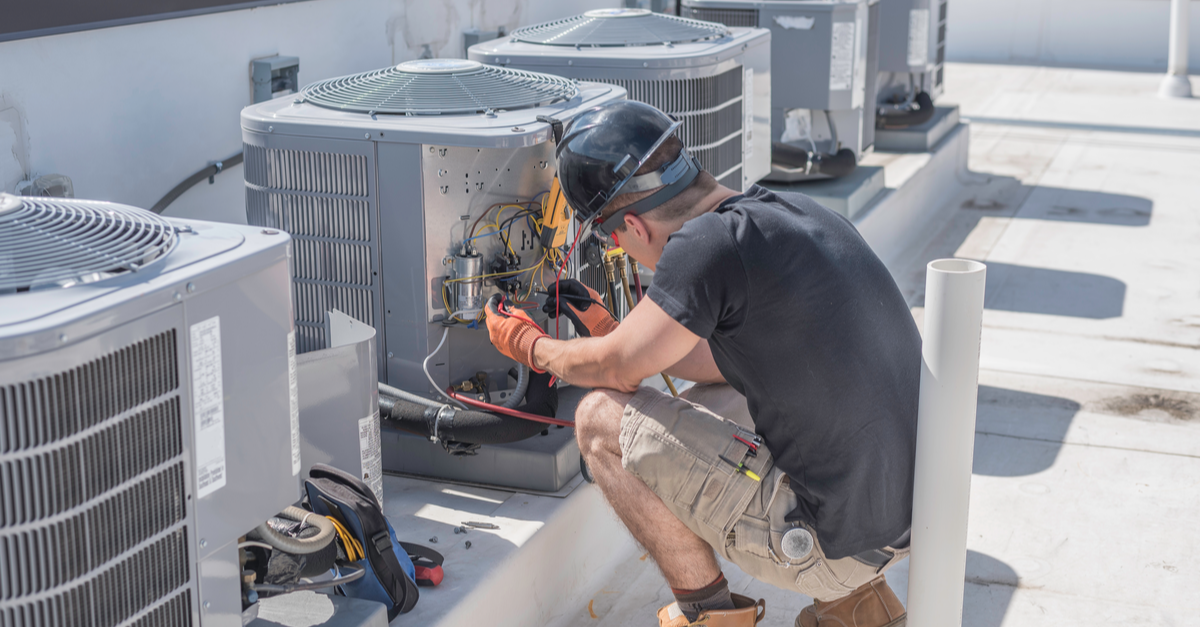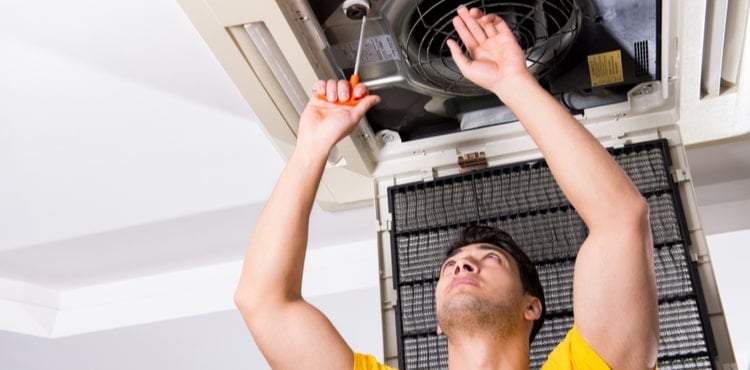Licensed HVAC Technician Canoga Park Your HVAC Contractor
Purchasing a Trane furnace requires cautious consideration of a number of price aspects. Homeowners typically focus primarily on the upfront worth of the unit itself, but this strategy can result in miscalculations when budgeting for total heating bills. Evaluating the acquisition value, installation prices, ongoing maintenance, energy efficiency, and potential repair expenses presents a extra comprehensive view of complete ownership costs.
The preliminary investment in a Trane furnace sometimes varies based mostly on model and capability. Different models supply diversified options, such as advanced expertise and energy efficiency rankings, which may influence the overall price. Higher-efficiency units might have a higher initial price ticket, but the long-term financial savings on power payments can justify that upfront expenditure.
Installation performs a important function within the last cost. Professional installation is normally a significant expense, and it's essential to acquire quotes from qualified HVAC contractors. Factors influencing installation costs embrace the complexity of the job, the existing ductwork, and any required modifications. Be sure to ask for detailed estimates that cover labor in addition to materials, as this can provide a clearer picture of the total cost involved.
Maintenance prices should not be underestimated. Regular maintenance is essential for guaranteeing a Trane furnace operates effectively. Annual tune-ups might help keep warranty situations. While some homeowners may think about foregoing skilled maintenance to economize, this could lead to more vital repairs and inefficiencies if problems are left unaddressed. Investing in routine servicing can finally save homeowners from expensive breakdowns in the lengthy run.
Commercial Refrigeration Canoga Park Find a Local Plumber or Licensed HVAC Contractor
Energy costs characterize another crucial component of overall ownership bills. Trane furnaces include various vitality efficiency scores, usually denoted by the Annual Fuel Utilization Efficiency (AFUE) share. A higher AFUE signifies that a furnace converts a more significant portion of gas into heat, resulting in lower utility payments. Proactively evaluating energy utilization and contemplating upgrades that improve efficiency can considerably decrease annual heating prices.

What elements affect the have a peek here cost of a Trane furnace installation?
Several elements impression the installation value, including the type and size of the furnace, extra ductwork or modifications wanted, native labor rates, and any needed permits or inspections required by local regulations.

Energy Efficiency HVAC Canoga Park Commercial HVAC Services
Yes, many Trane sellers supply financing options, allowing customers to pay for his or her furnaces in month-to-month installments. It's advisable to inquire about these options throughout your consultation and compare charges and phrases.

Higher energy efficiency scores typically include a higher upfront cost, however they'll result in vital savings on energy payments over time. Models with greater efficiency scores typically qualify for rebates, making them extra financially viable in the lengthy term.
What are the maintenance costs associated with Trane furnaces?
HVAC Regulations Canoga Park AC & Heating Repair Services - HVAC Contractor
Annual maintenance for a Trane furnace generally ranges from $100 to $300. Regular maintenance helps guarantee optimal efficiency and may lengthen the furnace's lifespan, potentially saving money on repairs over time.
Are there warranties available for Trane furnaces, and how do they affect costs?
Trane provides warranties on their furnaces, usually masking parts for 5 to 10 years. Some models may embody prolonged warranties for an extra cost. Warranties may help mitigate restore costs and supply peace of thoughts.
Air Filtration Canoga Park HVAC Contractors
How do native climate circumstances affect the price of a Trane furnace?

HVAC Upgrades Canoga Park Local heating & air conditioning/HVAC
What should I contemplate before purchasing a Trane furnace?
Consider components such as your house dimension, specific heating wants, power efficiency ratings, finances, and long-term costs. Consulting with a certified HVAC professional might help you determine the best mannequin in your home.
Can I install a Trane furnace myself to save heaps of on costs?
While it could seem cost-effective to install a furnace yourself, it's typically recommended to rent a professional. Smart HVAC Systems Canoga Park. Improper installation can result in security risks, lowered efficiency, and dear repairs later on.